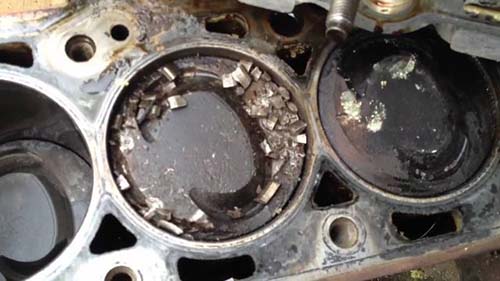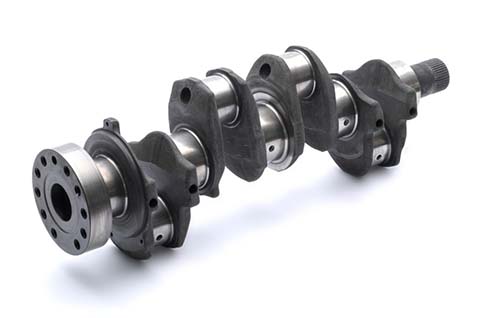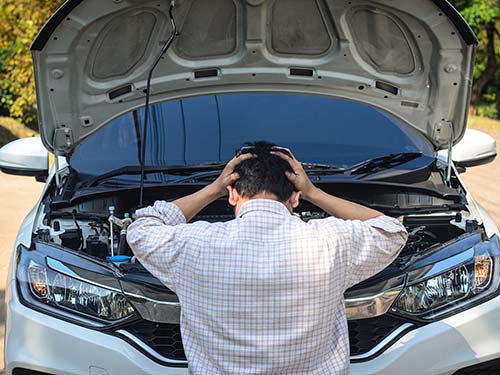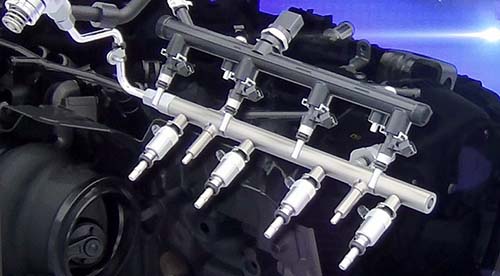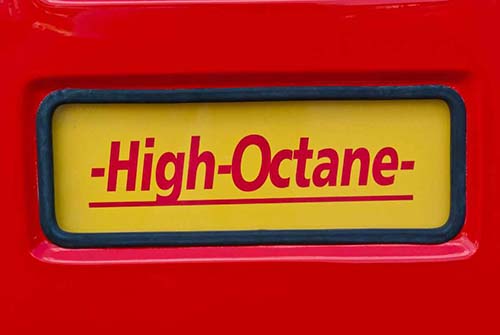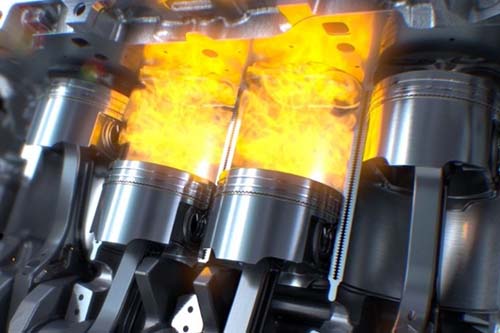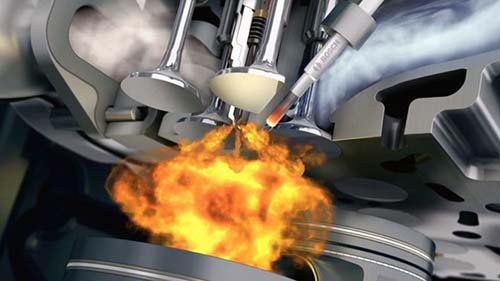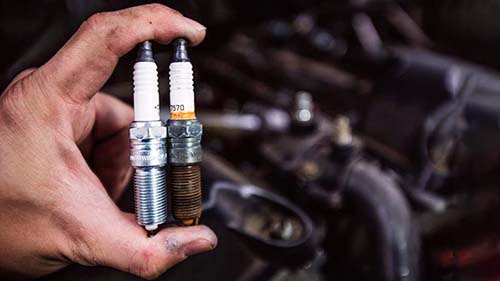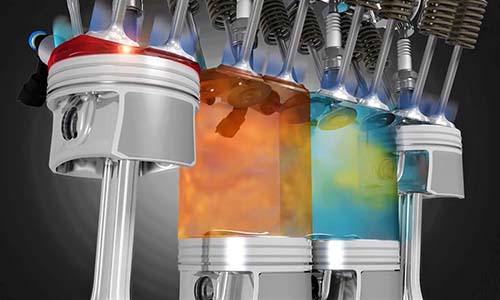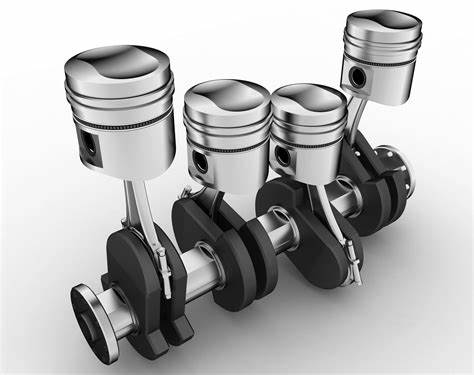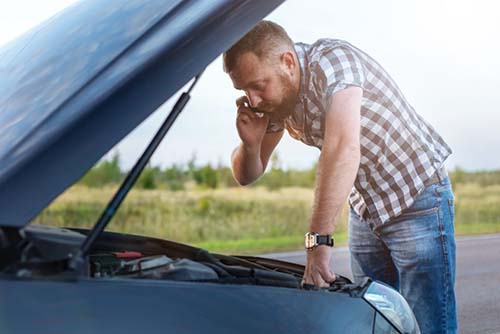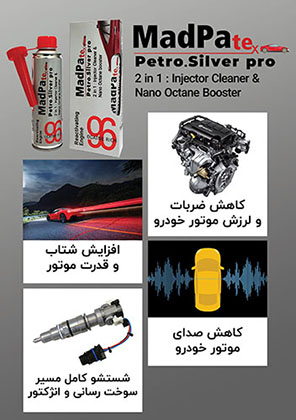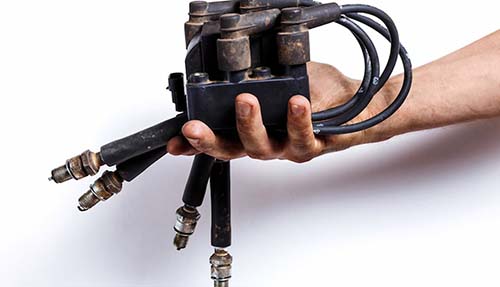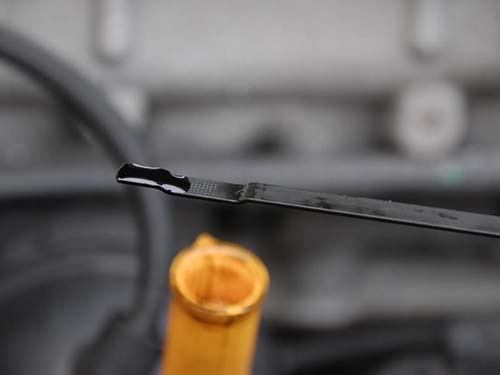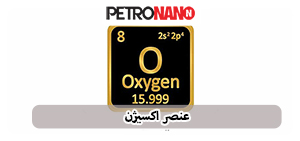وقتی موتور دچار کوبش می شود چه اقداماتی باید انجام داد؟
What to Do When Your Engine Is Knocking
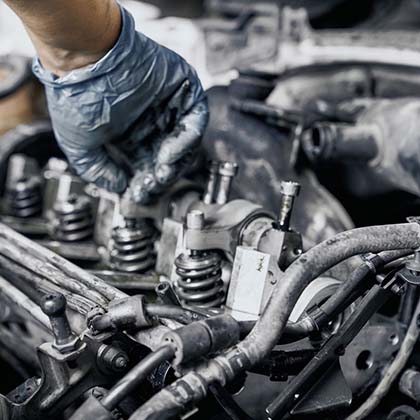
Take action to stop engine knocking before your engine becomes seriously damaged.
When you notice your vehicle’s engine knocking(sometimes perceived as a pinging sound), take measures to address the problem immediately before your engine is damaged.
What Is Engine Knocking?
Pinging, or knocking , is audible evidence of premature combustion happening in one or more cylinders.
It’s a major problem with expensive consequences if you ignore it.
A well-tuned engine depends on accurate timing to provide optimum power, efficiency, and wear.
The rotating crankshaft alternately drives the piston up through the cylinder and then is driven back by the force of the piston as it descends.
Simplified, the descending piston draws fuel and air into the cylinder, and then the ascending piston compresses the fuel/air mixture to optimize the power released at the point of ignition.
This process happens repeatedly in each of the cylinders in your engine block.
Due to careful engineering, each spark plug is energized as the crankshaft reaches a specific position in its rotation. Your vehicle’s timing manages the force of all the cylinders and keeps them pushing the crankshaft in the same direction.
Why Does Knocking Occur?
Knocking happens when the fuel in the cylinder ignites before it should.
This premature ignition disrupts the smooth rotation of the engine by firing before the piston reaches top dead center.
The misfired piston then applies backward thrust to the crankshaft against the momentum of the engine, which causes the knock or ping that you hear, along with a slight hesitation that brings a loss of power.
Knocking can damage the surface of the piston, the cylinder walls or the crankshaft bearings, all of which are expensive to repair.
Modern computer-controlled injection systemscan correct your fuel mixture to prevent knocking, but at the cost of engine performance.
In this case, loss of fuel efficiency tells you that the engine needs attention.
6 Conditions That Cause Engine Knocking
The six most common causes for engine knocking include:
1. A fuel with a lower octane rating than the engine was designed to burn.
Pressure has an effect on the flammability of fuel in a given environment.
Lower octane fuel burns more readily under pressure, and thus can ignite spontaneously when subjected to too much pressure.
2. Reduction of cylinder volume.
Again, the dysfunction here relates to pressure.
An accumulation of carbon occupies space in the cylinder, reducing its volume.
Because the fuel/air mixture must compress into a smaller space, the pressure produced in the cylinder increases, creating the potential for premature ignition.
3. Carbon buildups can retain heat, causing a “hot spot” that ignites the fuel prematurely.
In this scenario, carbon buildup produces a double-whammy that not only steals cylinder volume, but also creates the spark needed to ignite the fuel directly.
4. Improper spark plugs.
Your vehicle’s engine requires a spark plug that matches its particular engineering tolerances.
Installing the wrong spark plug will affect how hot the spark is, which can result in a knock.
5. Disrupted fuel-to-air mixture.
A poorly-functioning fuel injectormay affect the mix of fuel and air entering the cylinder.
This increases combustion chamber temperatures and can also change the dynamics of the gas mixture under pressure, creating the potential for premature ignition.
6. Valve impingement.
Moving parts near the top of the cylinder head must operate freely to properly regulate the flow of air, fuel, and exhaust.
Carbon build-up on the valve stems reduces airflow and, in severe cases, prevents the valve from closing, causing loss of compression.
How to Fix Engine Knocking
1.The first step in trying to fix engine knocking is to upgrade to gasoline with a higher octane rating.
Higher-octane fuels can withstand more pressure before combustion. Switch to one that includes carbon-cleaning additives.
This can prevent further buildup on the various parts in your vehicle’s engine that effect timing.
In the short term, a bottle of carbon-cleaning additive can help scour the system and expedite the resolution of causes 2, 3 and 5.
2.Give your engine a tune-up that includes new spark plugs and wires.
3.Regularly change the oil in your vehicle and monitor for a low oil level.
Worn-out oil and low oil levels can contribute to poorly lubricated timing-related parts near the top of the engine.

